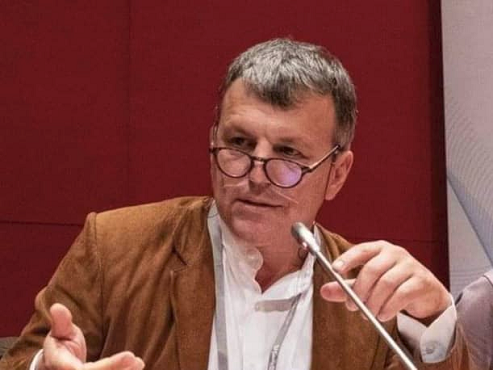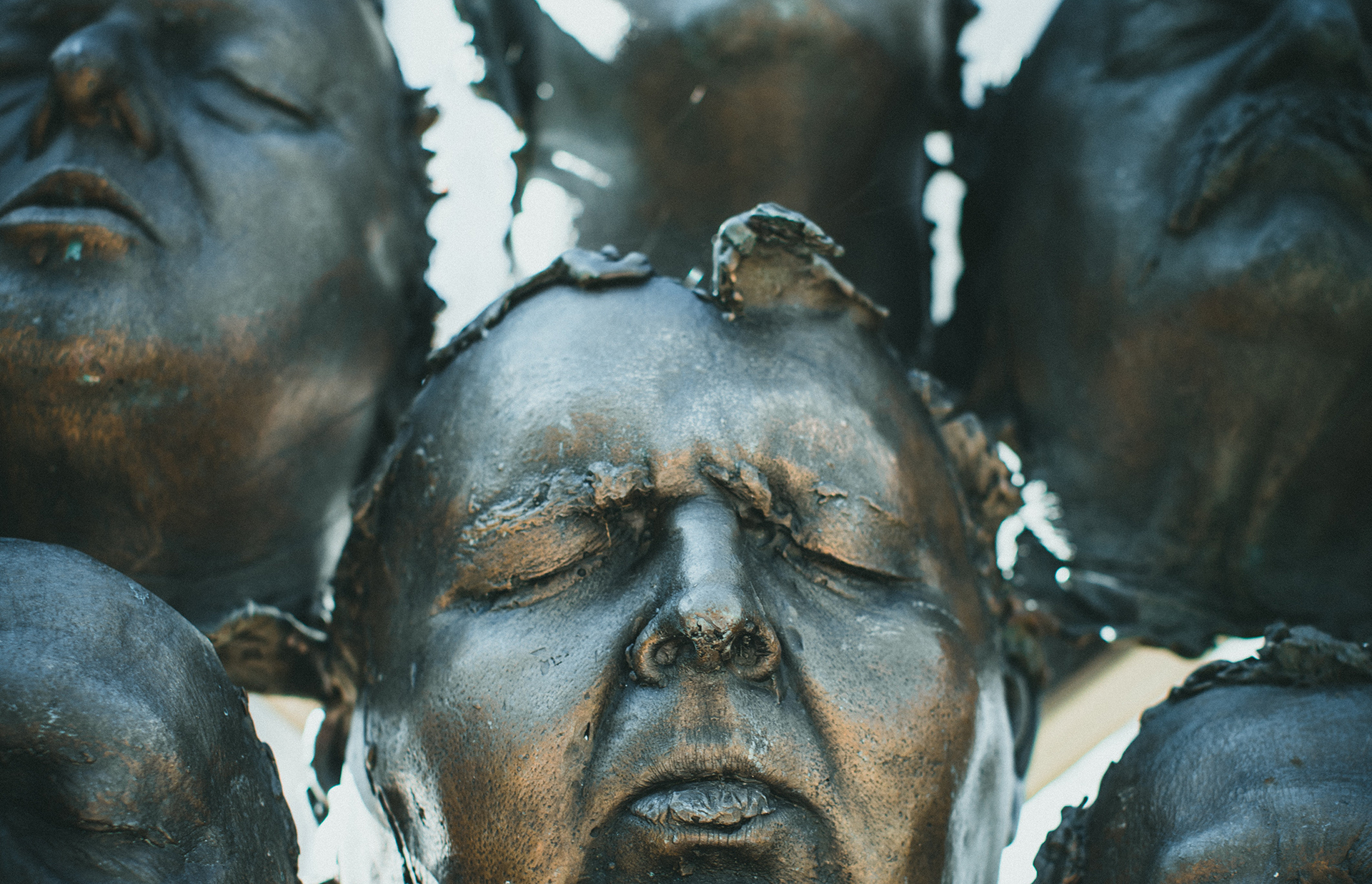OPINIONS
Anna-Kynthia Bousdoukou
November 23 2022
I would very much like to answer “yes” to a question like “Does dialogue solve everything?” However, I think that would be naïve. That’s why I chose “Why dialogue doesn’t solve everything” as a title for this short text. Because if anyone believes that the power of dialogue can solve everything, they are sadly mistaken. An ideal world where reason and arguments prevail is a world found exclusively in well-meaning hypotheses (probably in hypocrisies too, but let’s leave that aside).
The real world is divided into interest groups, social classes, nations—into thousands of groupings that fragment its cohesion. Therefore, the fact that dialogue has power and that we must do everything we can to make it as powerful as possible does not mean that we should be under any illusions.
When power, money, prestige, and all the rest are at stake, dialogue does not seem to be as convincing as its fetishistic followers would expect. Even if it seems convincing to some that they are wrong, when the three previous things (power, money, prestige) depend on this “wrong” in any serious way, the former will hardly accept it as such.
If it were otherwise, those who believe in the predominance of ideas over the material conditions of their existence would be right. All well-meaning idealists would in fact be right, including some theologians, some political philosophers, and others who wonder how we can still have wars when, as Immanuel Kant wrote, “Enlightenment is man’s emergence from his self-imposed immaturity”.
In short, Kant’s amazing plan for eternal peace would have been justified. And who wouldn’t want an “everlasting peace”? I know. There are some extremists who reject all of this. But if we exclude them, then the vast majority of the political forces of our time have no intention of doing so. And still… we disagree. Dialogue does not lead to convergence. Instead, it solidifies opposing camps. We strive to ensure that politics does not continue by other means, namely war, but, at the same time, we know that no matter how much dialogue we engage in, everyone will continue to stand their ground.
This is because everyone’s positions are not a matter of aesthetic preference, but an expression of interests, needs, and hard ideas. I cannot, for example, agree with mass wiretapping, no matter how much the government tells me that “we are all potential suspects”.
We will not disagree on the great fundamental principles, but this matters little. Pilots are always judged on the landing. Not during the flight. During the flight, for the most part, we are on auto pilot; life may not be carefree, but it’s easier then. But it is during the landing that the great principles that guide us are tested. It is on the uneven ground of history that we are judged on how we perceive “dialogue”, “equality”, “freedom”, or “justice”. This explains how, in the name of the same principles, we can disagree so vehemently.
This is inevitable. There is no way we can fully agree. Ideas are not abstract doctrines but also material entities. What's important is to fight so that we can solve our differences not though violence but through dialogue and, in the final analysis, democarcy: the majority wins. This does not mean that violence will be eliminated, nor does it make much difference to "condemn [violence] wherever it might come from". We cannot escape violence with renunciation. It's worth, however, to do whatever it takes to restrain violence. This is the virtue of being a citizen.



